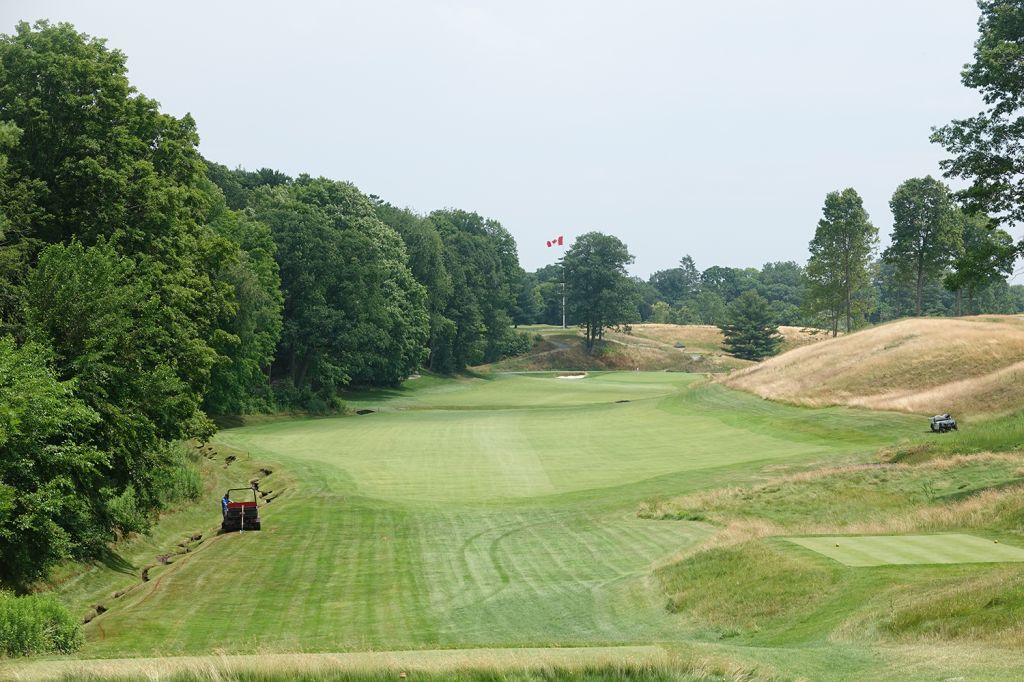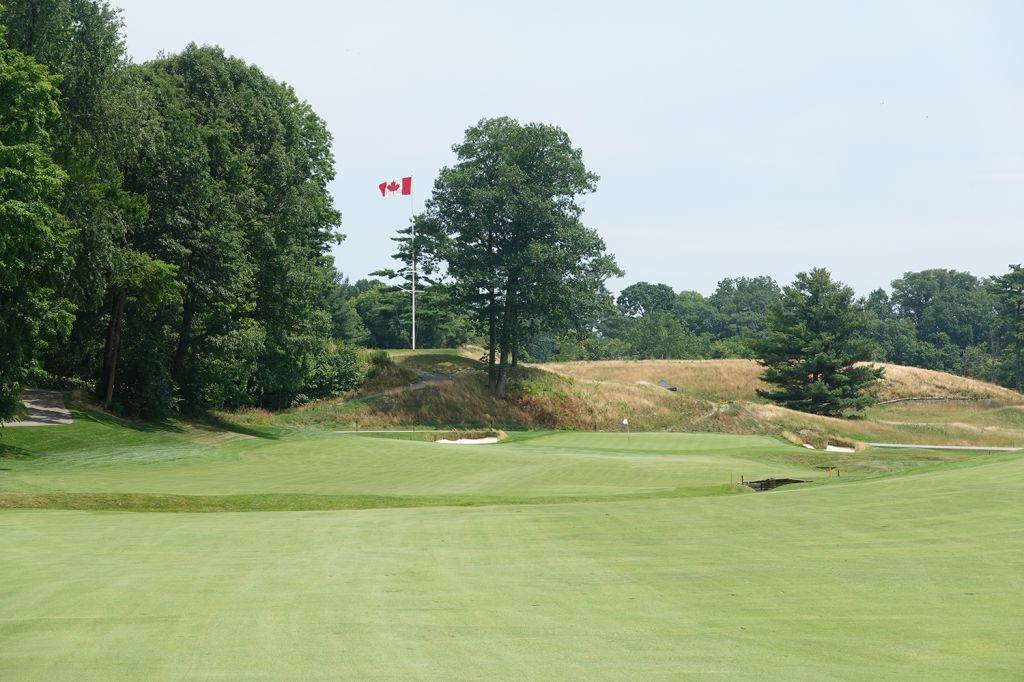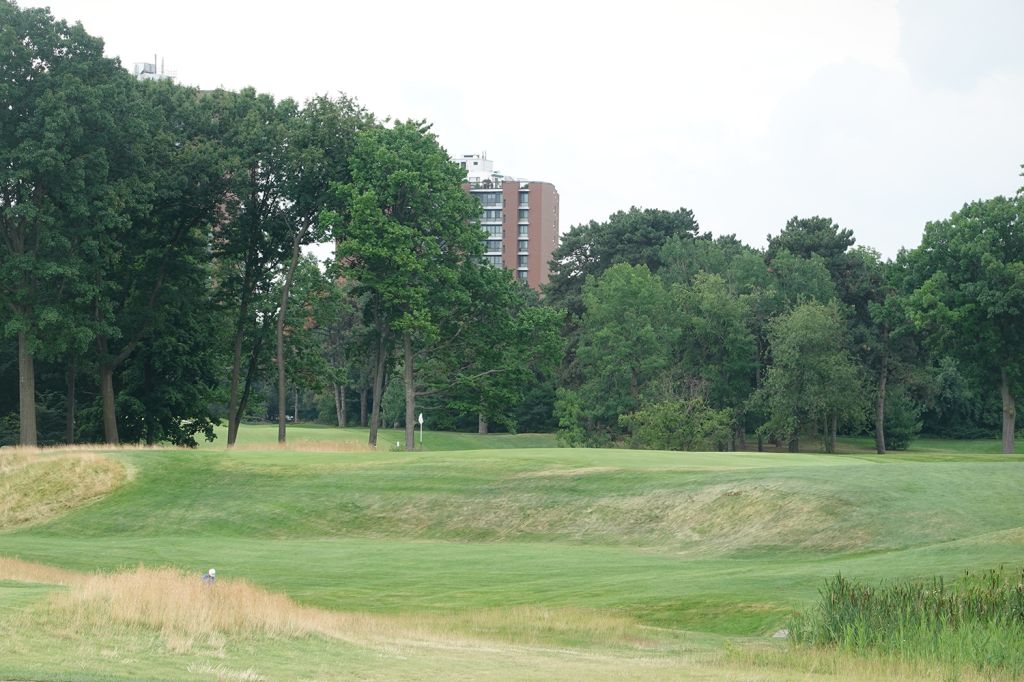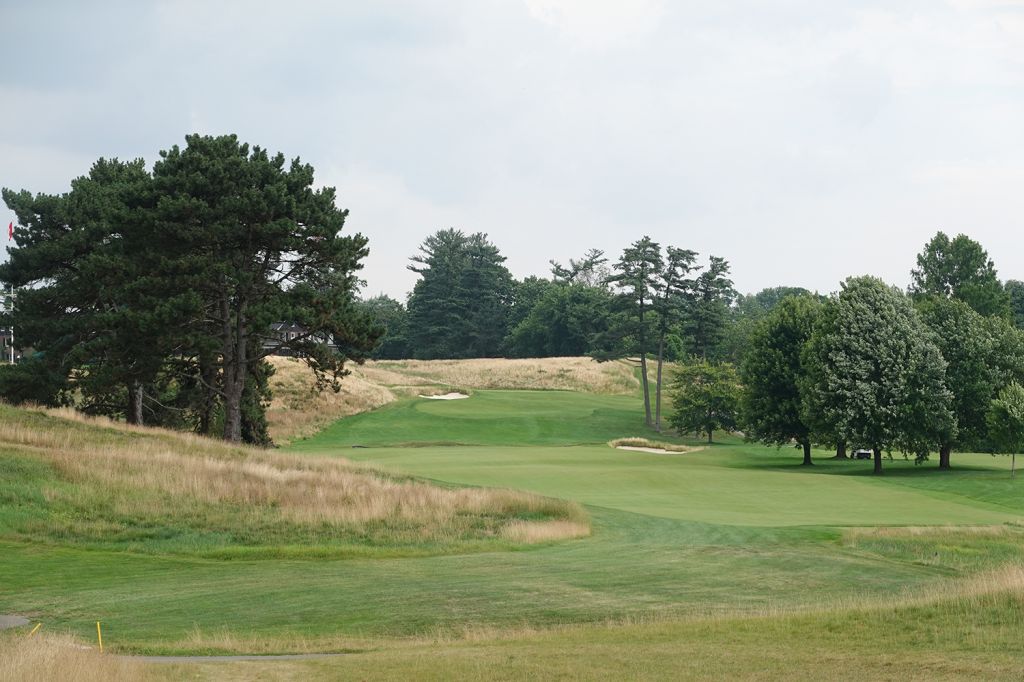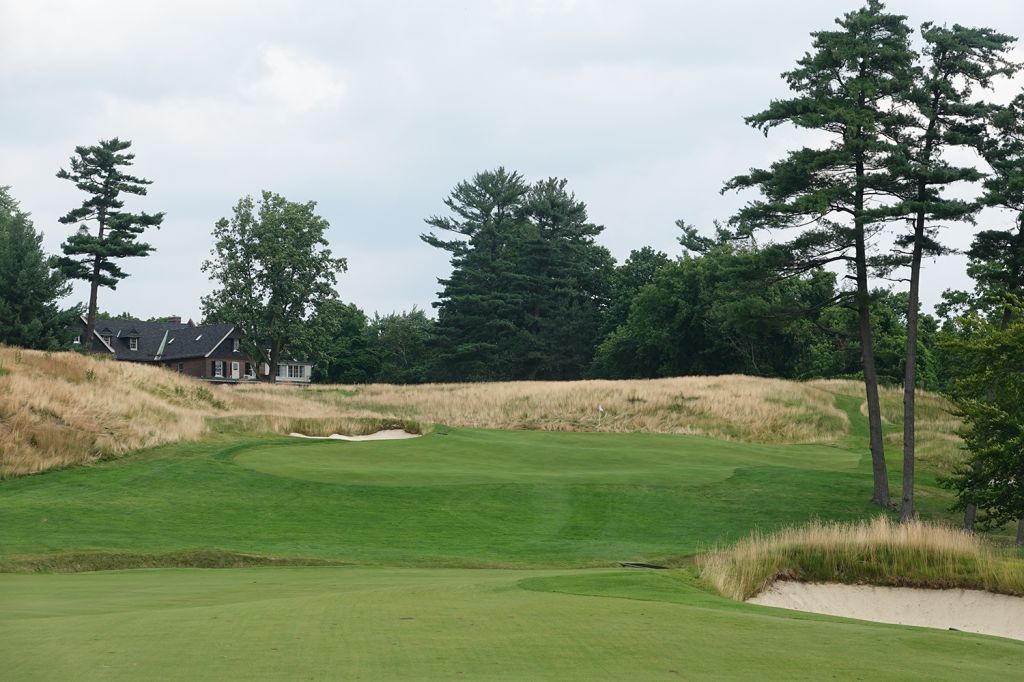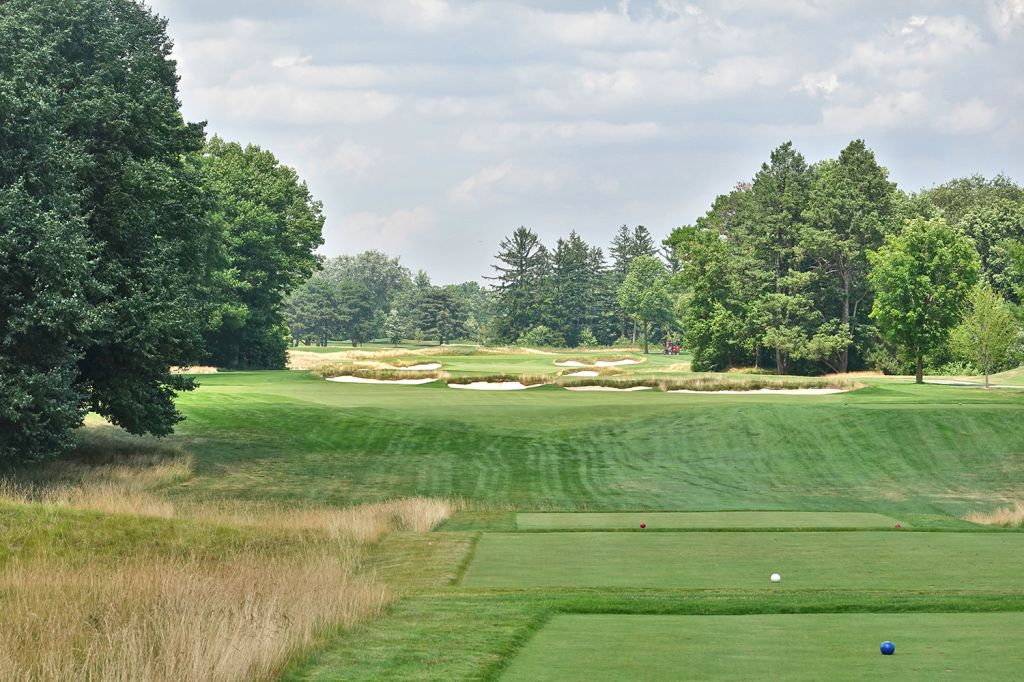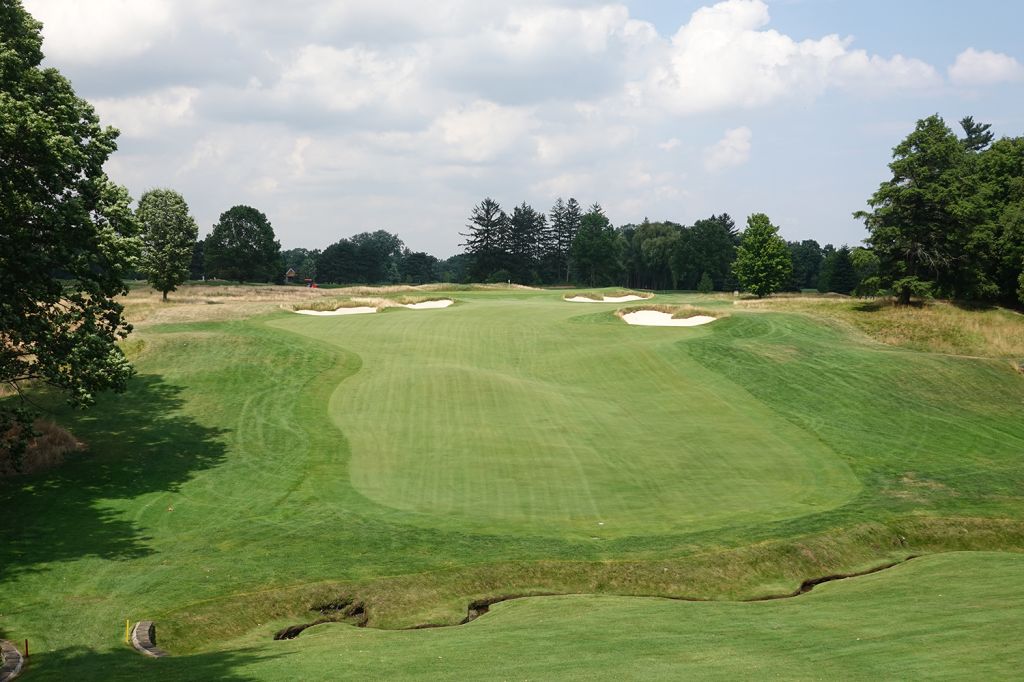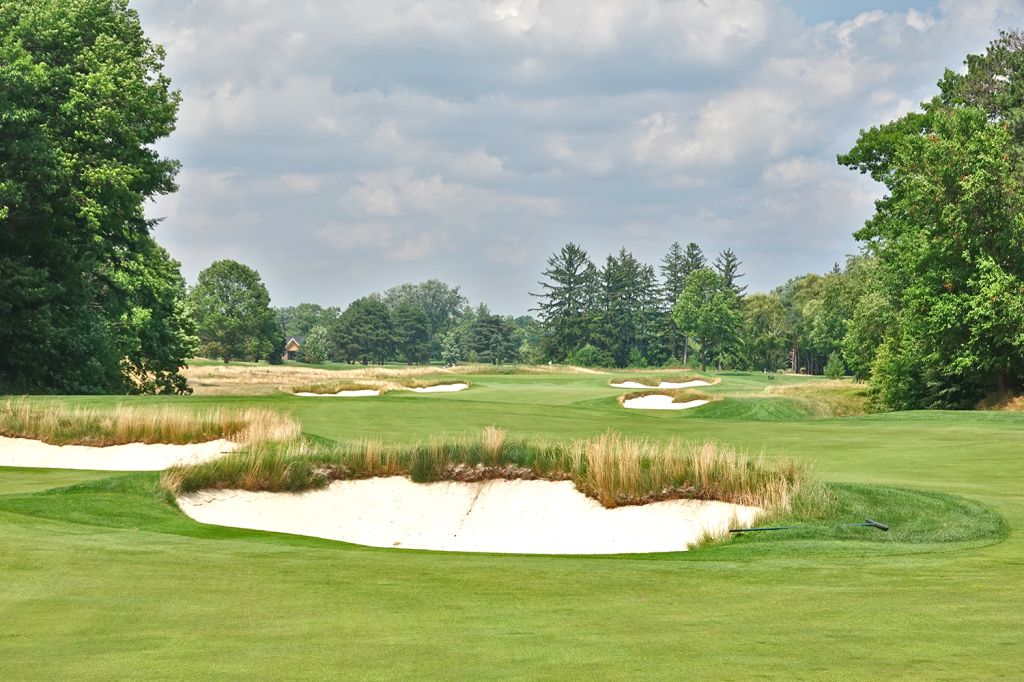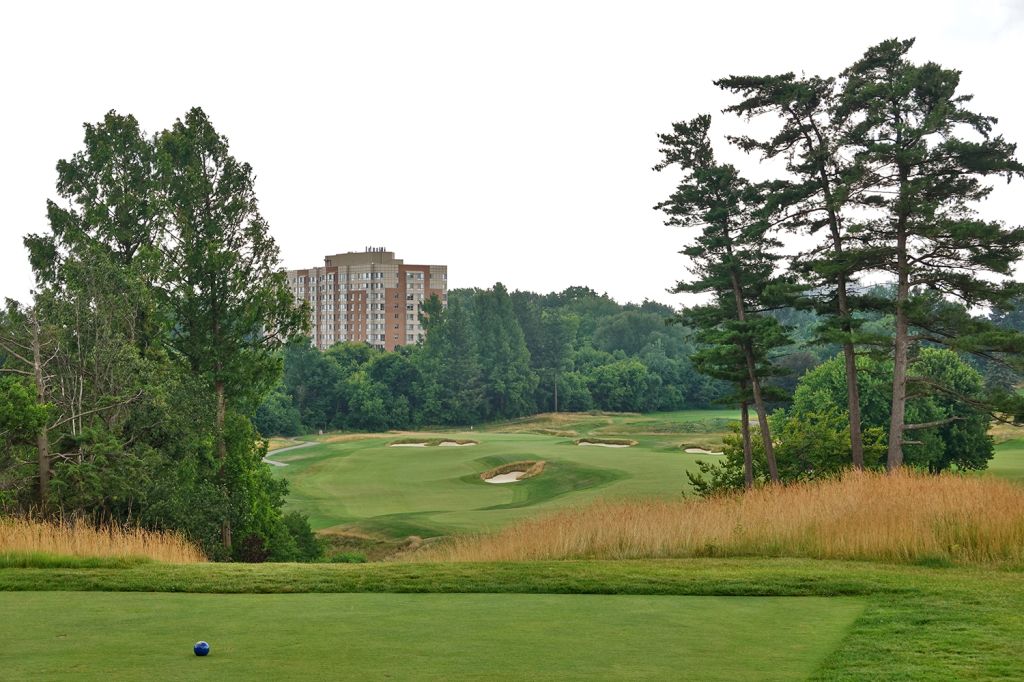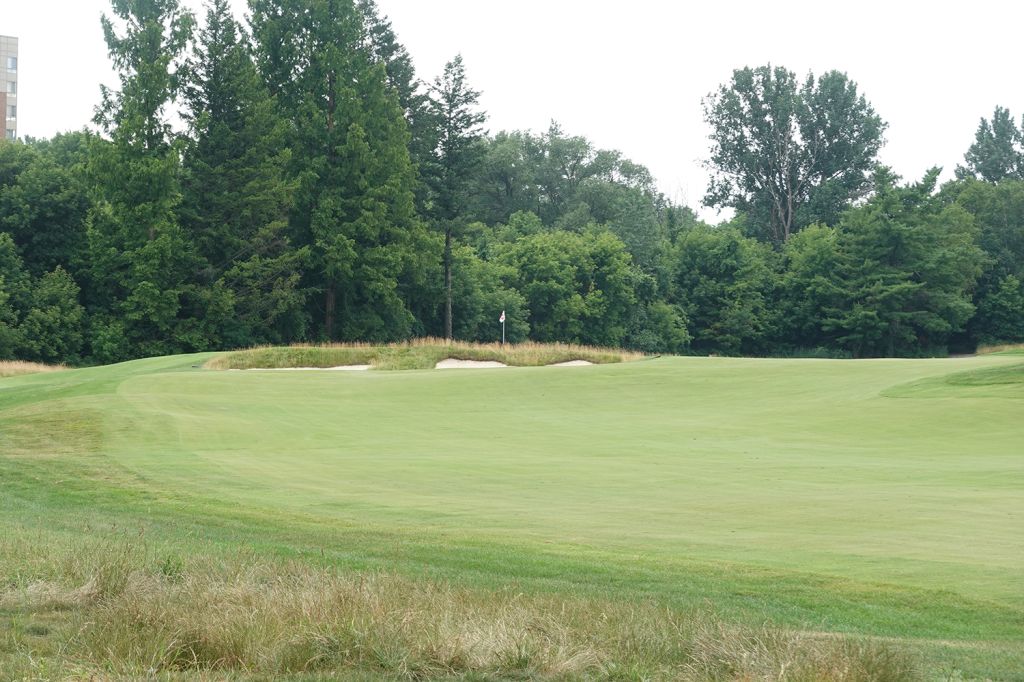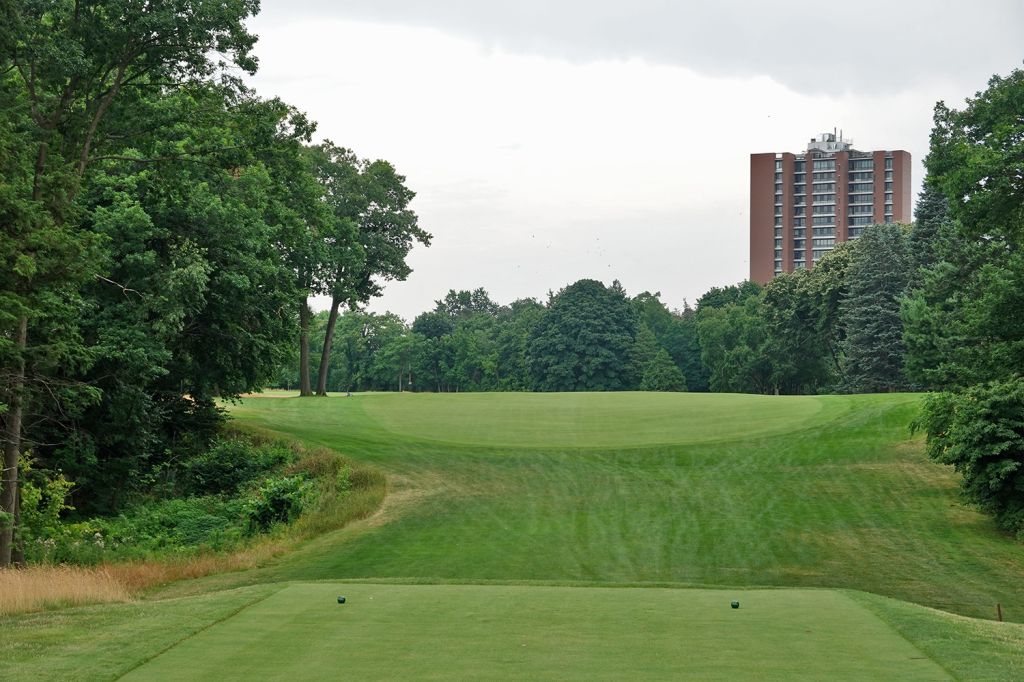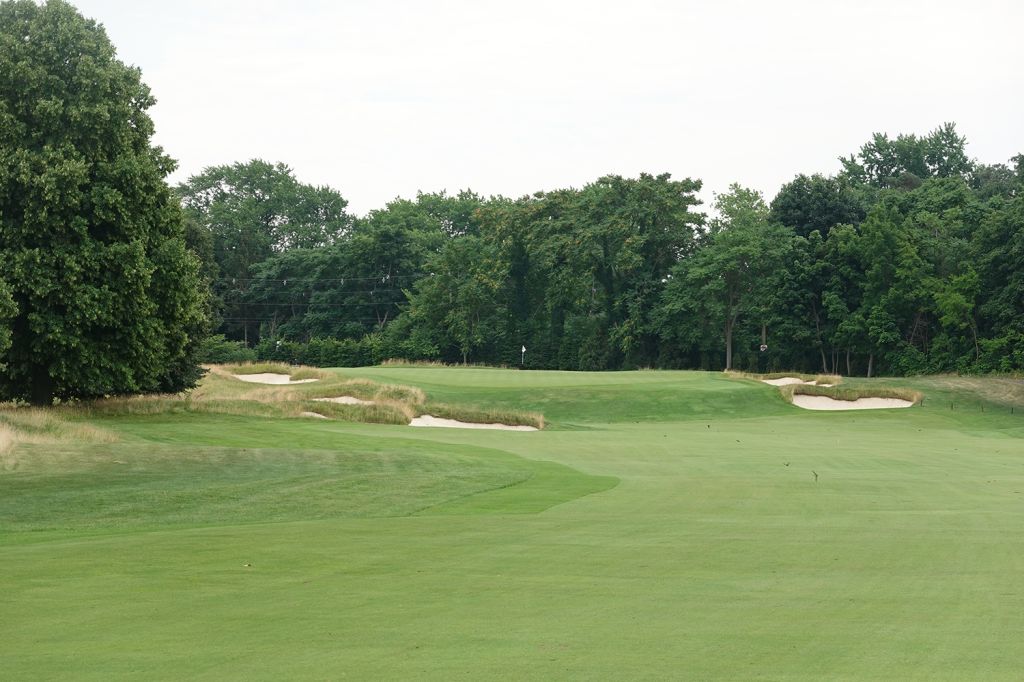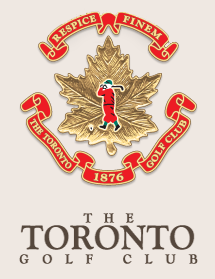 Golf Course Review by: Billy Satterfield
Golf Course Review by: Billy Satterfield
Rankings:
The Takeaway: The best golf architecture in Toronto is found at the club that bears the city’s name. While the course starts and finishes with tame holes, the middle of the routing is as good as Canadian golf gets. Grade A+
Quick Facts
Designer: Harry S. Colt 1912
Cost: Private
Phone Number: 905-278-5255
Course Website: Official Website - Visit Toronto Golf Club's official website by clicking on the link provided.
Directions: Get here! - 1305 Dixie Rd, Mississauga, Ontario L5E 2P5 – CANADA
Photos: See additional photos of Toronto Golf Club
What to Expect: While the bucket list course in Ontario for most people will be the highly lauded St. George’s Golf & Country Club, purists and golf architecture geeks will rejoice at the opportunity to tee it up at Toronto Golf Club. The Harry S. Colt design has one of the most compelling middle stretches of holes I’ve ever played and I couldn’t get over how fun it was to play them. The opening few holes are fairly forgettable across flat ground with little to draw inspiration from, but starting with the 4th hole Toronto GC starts ramping it up and then late into the front nine and deep into the back nine the course is virtually as good as inland golf gets. Like Cypress Point though, the 18th is a pretty weak finish which is magnified by the fact that the holes earlier in the round are so compelling. A tour of Toronto Golf Club’s clubhouse, on-site accommodations, locker room, and general vibe draws strong comparisons to San Francisco Golf Club where one truly feels as if they have gone back in time 100 years. If it weren’t for the occasional car maneuvering on the road that carves through the routing you’d swear it was the 1920s. Carts are available and will help you get through the strong elevation changes found through the middle of the routing, but experiencing the course on foot delivers a higher level of appreciation for what Colt designed here. Toronto Golf Club is a course I could play everyday and never grow tired of what it has to offer, and while St. George’s gets most of the hype, I give Toronto GC the nod as Ontario’s finest course.
By the Numbers
| Tees | Par | Yardage | Rating | Slope |
|---|---|---|---|---|
| Black | 70 | 6836 | 73.7 | 141 |
| Blue | 70 | 6631 | 72.6 | 139 |
| White | 70 | 6231 | 70.6 | 135 |
| Red | 70 | 5920 | 69.4 | 131 |
| Hybrid | 70 | 5578 | 66.9 | 127 |
| Green | 70 | 5300 | 66.3 | 125 |
Individual Hole Analysis
Signature Hole: 9th Hole – 452 Yard Par 4 – With the Canadian flag on a towering pole in the distance providing the perfect driving line, the finishing hole on the front nine sets the stage for a dramatic conclusion. A creek runs along the left side of the fairway which tilts towards the water, so a fade off the tee that fights against the terrain is the ideal play. Long hitters may consider taking 3 wood off the tee since the creek cuts from the left side across the fairway and along the right side all the way to the green. The approach shot plays to a green that is flanked by bunkers on each side and slopes strongly from back to front, so finding the putting surface and keeping your ball below the hole are paramount for success.
Best Par 3: 4th Hole – 190 Yards – Toronto Golf Club’s version of a Redan hole is perhaps the most controversial offering at the club but also its most memorable one-shotter. While it does have the traditional right to left slope to contend with, the putting surface as a whole is more challenging than most Redan golf holes players will face which can make par saves quite difficult when the green is not hit in regulation. The tee shot plays a tad uphill and requires carrying the ball the full distance to the green, but since the putting surface runs from front to back, the ideal shot barely reaches the green before taking the slope back and away towards the flag. Some people will think it is too diabolical of a design, but I think it is a fantastic spin on a traditional Redan.
Best Par 4: 11th Hole – 426 Yards – I can't get over how good the middle stretch of holes at Toronto Golf Club are, and my favorite back-to-back offerings are certainly the 11th and 12th. The first of the dynamic duo is a strong par four with trees and a bunker on the right side of the driving zone that can seem more perilous when hitting into the prevailing northerly wind. The approach shot plays nearly 30 feet uphill to a green that appears to be flanked on the left side by a bunker, but the sand actually rests just short of the putting surface. The tightly mowed grass fronting the green creates a false surface that must be carried when attacking the flag, but be aware that the green slides from left to right and a downhill putt can quickly lead to a three-jack. Bailing out right of the green will lead to a testy chip over the steep sloping edge that is quick to repel balls that come up wanting.
Best Par 5: 16th Hole – 516 Yards – A highly creative par five with a slew of ways to get in trouble await on the 16th. Four bunkers angle across the fairway with the near ones being on the right and the distant ones on the left. A tee shot that carries 270 yards will clear them all, otherwise you'll need a bit of luck on your side to find a safe place to land. Standing at the cross bunkers the approach shot plays only a few feet uphill, but what players may not realize is that the fairway leads to a 25 foot falloff to a creek that bisects the hole before ascending back up to the fairway. Getting caught in the rough on the downhill before the creek is one of the worst places you could end up as you stare at an approach shot that quickly ascends while sitting on a downhill sloping lie. A trio of bunkers sit in the layup zone and a single bunker protects the green which should encourage players to try and reach the putting surface in two if they have the juice to do so. The 16th marks the last of the great holes at Toronto Golf Club, and it does so with style.
Birdie Time: 12th Hole – 390 Yard Par 4 – A superb two-shotter and a hole that is a pure joy to play, the 12th offers a split fairway scenario to contend with. Tee shots that go up the tighter right side will contend with a handful of bunkers but will be rewarded with a superior angle into the green. Driving up the left side will be easier to find the short grass but will face an uphill approach shot over a wide bunker that is fronting the entirety of the green from that angle. With the wind traditionally at your back, players can feel aggressive with their tee shot but not leaving a full shot into the green can create challenges with generating enough spin to hold an approach shot downwind. Whether you want to go left or right, make sure you don't go down the middle and find the bunker that helps create the divide between the fairways.
Bogey Beware: 5th Hole – 476 Yard Par 4 – At 476 yards the 5th is the longest non-par five on the course and is a stout challenge in every sense. The tee shot calls for a long draw between the trees before facing a lengthy approach shot in the green. The putting surface is raised on all sides and surrounded by a half dozen bunkers which requires an aerial approach to have any chance of finding the green in regulation. It is one of the larger putting surfaces on the course, but you'll likely find yourself off of it in two and trying to craft a way to get up and down for a par. Getting out of here with just a bogey will feel like an accomplishment and sneaking out a par will take a stroke on the field.



